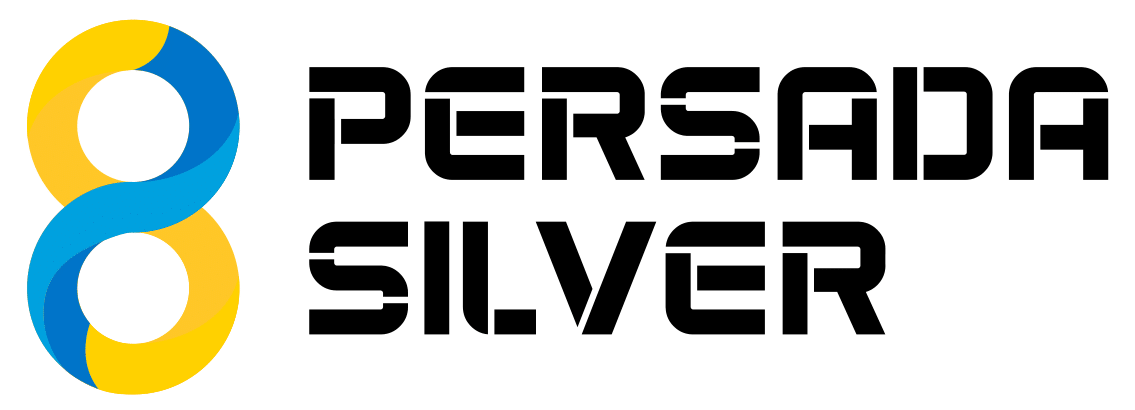How to Best Choose Cutting Oil Specific For Your Need?
In order to select the best oil, you need to gather few basic information regarding the selection criteria. To make it simple, you need to know the metals in use, the machine operations, basic machine types, tooling in specifics, plant processes and chemical restrictions for your facility. You need to gather input from all departments (quality, production, maintenance, safety, packaging, disposal, purchasing, etc) to identify all critical requirements beforehand. Not only that, you can also seek the assistance of an experienced, qualified metal working specialist to identify options and guide you through the selection process.
In case of metals, where tough, low-machinability are involved, highly additized cutting oil with excellent extreme pressure (EP) and anti-weld capability is needed. However, for brass, aluminum, many carbon steels and low-alloy steels, a cutting oil with lubricity additives, friction modifiers and mild EP / anti-weld performance is enough. Regarding machining operations, easy machining operations can be performed at higher speeds and require high levels of cooling with only modest EP capability. The milder operations can be performed with lower viscosity, lightly additized fluids. And for difficult machining operations requires specifically designed oils which are generally higher in viscosity and loaded with EP additives like active sulfur and chlorine.
Furthermore, the type of machinery will also dictate some of the cutting oil characteristics. For example, screw machines are exposed to heavy cross-contamination between the lube oil and cutting oil. Because of that, these machines frequently run on dual-purpose or tri-purpose oils that can be used in lube boxes, hydraulics, and cutting oil sumps. Also, where specialty tools, coatings or grinding abrasives are in use, review this carefully because some cutting oil additives will not work effectively with particular coatings and wrong grinding oil can contribute to wheel loading and other issues. Lastly, cutting oils must meet your production requirements without issues arising. Therefore, review of downstream processes including storage and transportation is needed. It will identify key requirements that the metalworking fluid must meet. And never forget, cutting oil affects your equipment, people, environment, and business reputation. If you take time to choose and purchase quality products from reputable supplier, it will pay out in the future.
